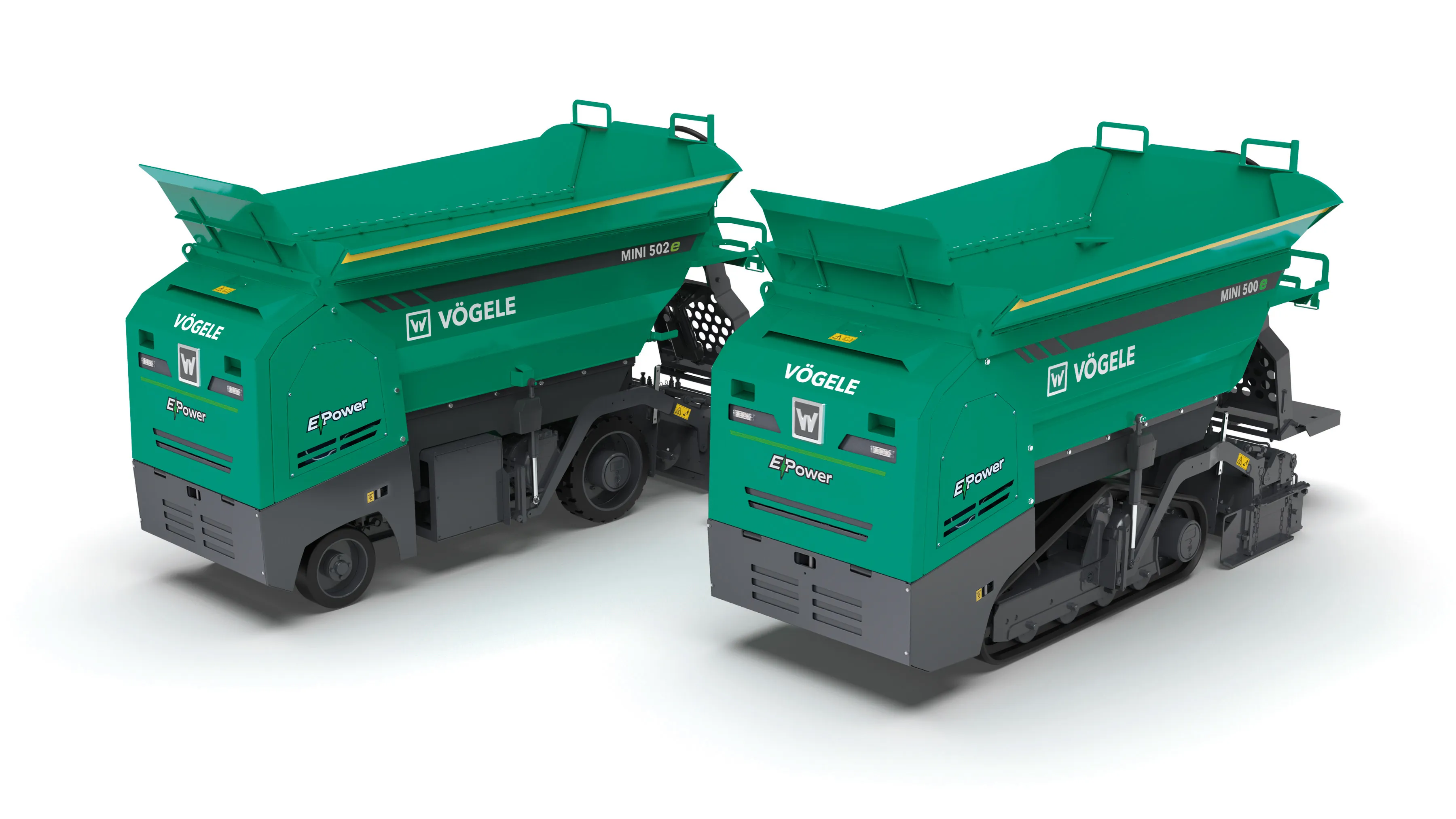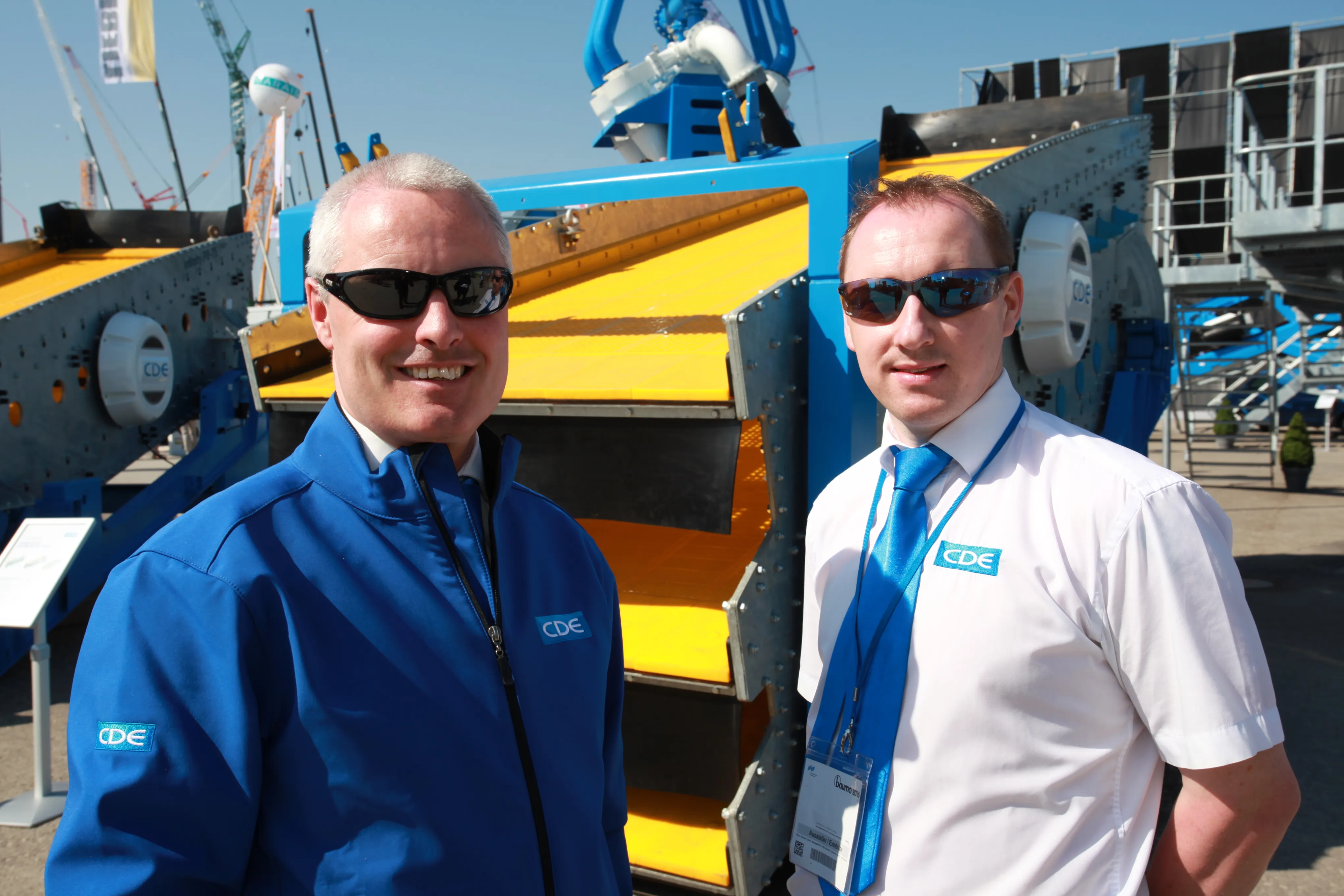Wacker Neuson is expanding its zero-emissions series with the introduction of a range of battery-powered rammers. The AS30e and AS50e vibratory rammers join the firm’s zero-emission line-up. The company is also unveiling three additional vibratory plates, the DPU80, DPU90 and DPU110. There will also be a remote-controlled version of the DPU90R on offer, using infra-red for the remote control handset.
March 15, 2016
Read time: 1 min










